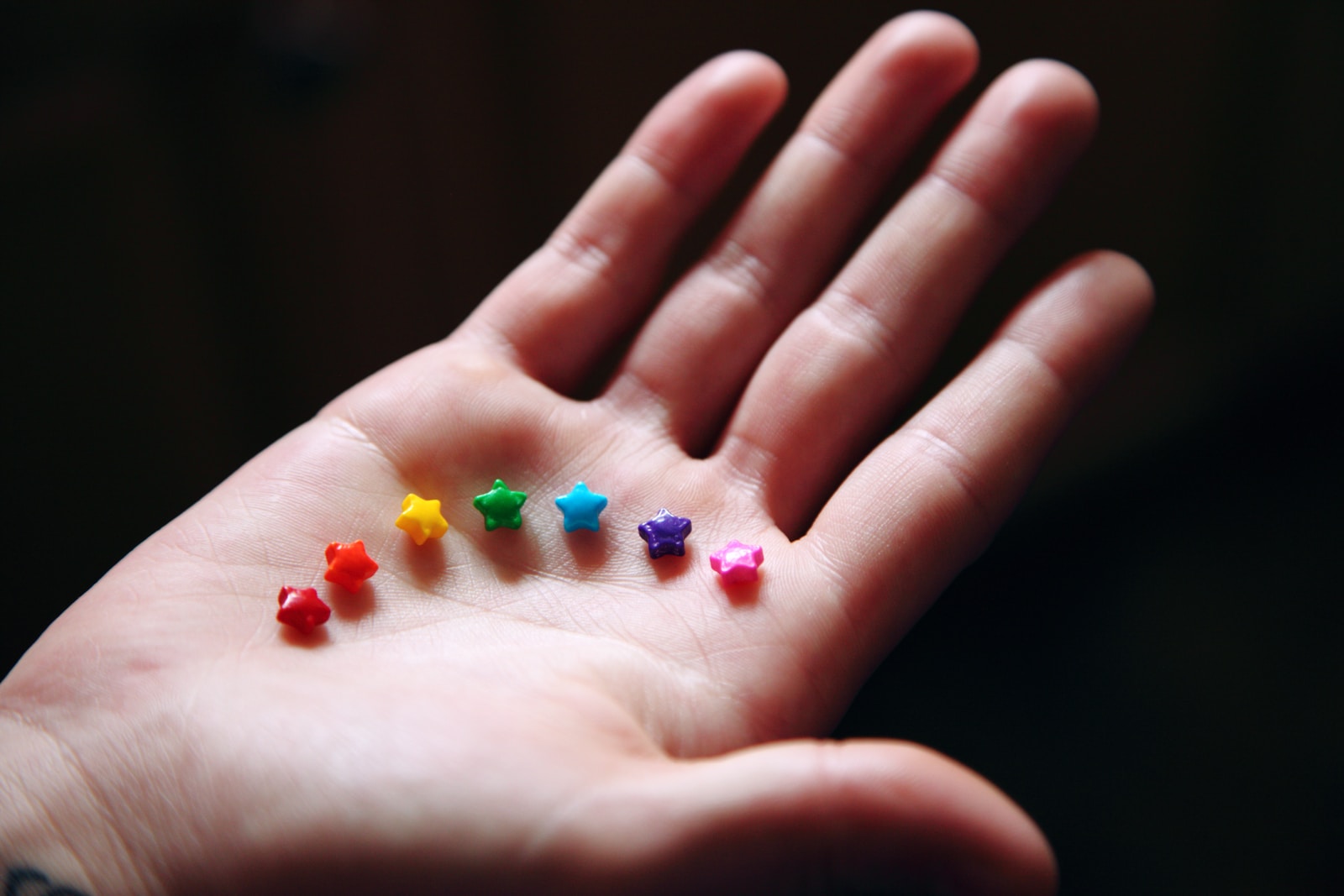Happier Way Original –
With June being the month of Pride, you may have noticed many organisations publicly announcing their support for LGBTQIA+ communities. While it’s positive to see a supportive front, it can often veer into the territory of performative ‘rainbow-washing’. This refers to the adoption of the appearance of inclusivity for ulterior motives, without actually investing time, energy and resources into members of these communities. For example, changing a profile picture to rainbow colours during Pride month, despite not speaking up for LGBTQIA+ rights during the rest of the year is a stark example of performative allyship. Being a good ally as an organisation is not always straightforward but there are ways in which it can be done authentically.
Before we delve into these ways, it is first helpful to re-familiarise ourselves with why allyship is necessary. Despite LGBTQIA+ communities being largely accepted, especially in Europe, the Americas and Oceania, studies still show that “3 billion people live in countries where consensual same-sex activity is criminalized,” while “being gay is punishable in 70 UN member states,” and “not one grants the same rights to LGBT+ people as their heterosexual counterparts,”. These figures show that regardless of the widespread celebration of LGBTQIA+ rights — to exist as a part of these communities still comes along with battles of discrimination, a lack of inclusivity and risks to personal safety and wellbeing. It is therefore vital that organisations take their role as an ally seriously and work on incorporating authentic inclusivity into their activities at every stage of operation — not just performatively.
1. Understanding the position of ‘the other’
A large component of the privilege of heterosexual and/or cisgender people is that they are unaware of the intrinsic burdens placed upon their LGBTQIA+ counterparts in common workplace conversation. In many spaces where LGBTQIA+ inclusivity is not whole-heartedly embraced, LGBTQIA+ members of the organisation may feel it is not entirely safe to reveal their gender identity or sexuality. Often they face the exhausting task of censoring themselves when discussing personal matters, for example by changing the pronouns of their partner. This distancing can prevent authentic bonds being forged in the organisation and leave LGBTQIA+ individuals feeling isolated. Furthermore, when bringing racial and cultural differences into the frame, these feelings of distance and isolation are exacerbated. Running workshops within the organisation that encourage empathising with feelings of ‘the other’ such as partnering up with somebody and sharing stories about a holiday taken with a life partner. Do this without revealing the gender of the partner to understand the everyday weight of hiding key parts of your identity.
2. Language matters!
One of the most immediate ways in which we can become better allies is by becoming familiar with correct usage of terms within LGBTQIA+ discourse. Understanding which terms are hurtful and offensive and also referring to people by their correct pronouns. With regard to gender identity and sexuality however, this is often very individual, so it is important to make sure it becomes common practice to enquire about LGBTQIA+ people’s correct pronouns and labels when addressing or referring to them. To go a step further, revealing one’s pronouns can often be an alienating experience so cisgender allies can help normalise this practice by doing the same in group scenarios. In the meantime, Stonewall has a great resource of terms to familiarise yourself with the language used within the community.
3. Support for mental health issues within LGBTQIA+ communities
Studies have shown that especially during the year of COVID-19 enforced lockdown, members of the LGBTQIA+ communities have suffered feelings of isolation and depressive feelings. 74% of 310 respondents reported struggling with their mental health compared with 52% a decade ago. This is due to a number of reasons, namely a lack of a support system with many LGBTQIA+ people being estranged from family or living alone. Therefore it is vital that organisations cultivate an environment that supports the mental health of LGBTQIA+ members. This could be an internal support system such a HR department of counselling system or directing to specialist external sources of support. Some examples of the latter are the organisations Mind and Rethink.














